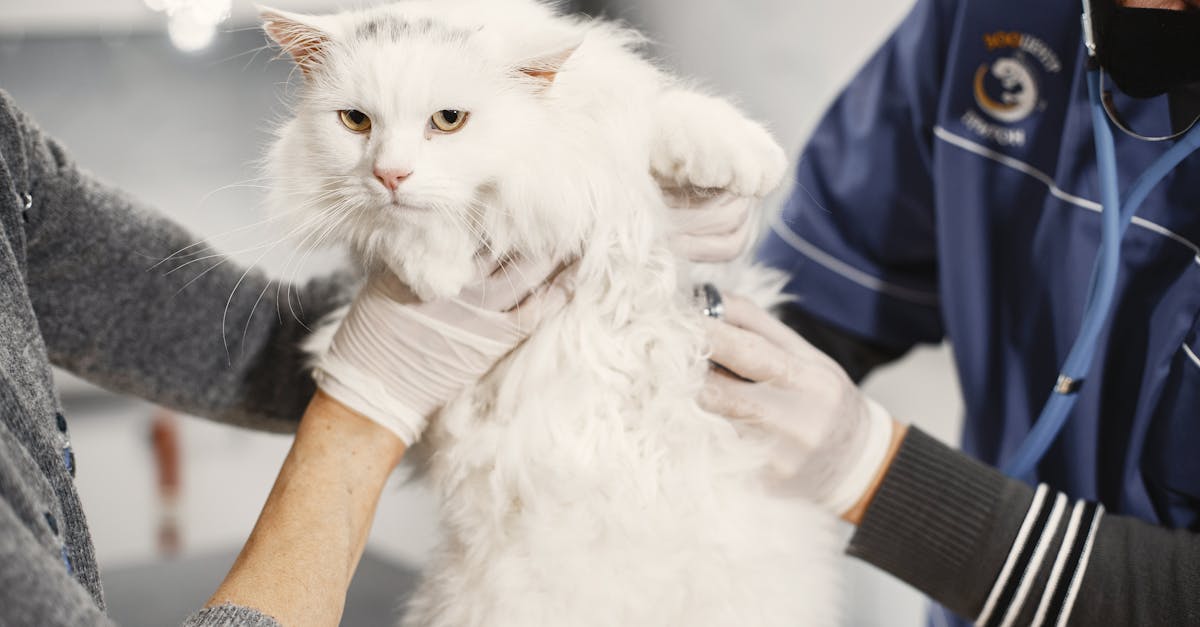I'm really at my wits' end and could use some advice. My sweet old cat, Milo, who’s been my companion for over a decade, was recently diagnosed with a thyroid condition. We’ve started medication, but I've noticed a new problem cropping up – he’s been peeing all over my bed. This is so unlike him, and I can’t help but feel that both of us are overwhelmed. The vet mentioned that his medication might cause some side effects, but I didn’t realize it would be this bad. I've tried keeping the litter box extra clean and even got an additional one, but nothing seems to help. I sleep on the couch now because I’m at a loss. Has anyone else dealt with this? Any tips on managing this along with his thyroid issues would be a lifesaver. Thanks in advance.
Thanks for reaching out about your kitty's situation. I can imagine how stressful it must be to find your cat peeing on the bed, especially with their existing thyroid condition. Cats with hyperthyroidism often experience increased thirst and urination. This condition, combined with stress or litter box issues, could be why your cat is avoiding the litter box.
In the meantime, try placing additional litter boxes in accessible, quiet areas away from any loud noises or heavy foot traffic. Using unscented litter and maintaining a clean box can also encourage them to use their designated spot.
However, frequent urination outside the box might indicate other medical issues, such as a urinary tract infection or kidney problems, which sometimes accompany thyroid issues. Watch for signs like blood in the urine, straining to urinate, or vocalizing during urination. If these occur, it’s crucial to seek veterinary care promptly, as they could indicate a more serious underlying problem.
I recommend scheduling a video consult with us at Dial A Vet. We'll delve deeper into your cat’s symptoms and condition, provide guidance tailored to their needs, and decide on the best next steps to ensure they’re comfortable and healthy.
The "Ask a Vet" forum on Dial A Vet offers general information and helpful tips on pet health, but it's
not a substitute for professional veterinary care. The advice here doesn't create a veterinarian-client-patient relationship, and our vets can't diagnose or treat your pet remotely.
For emergencies or specific medical concerns, always contact your local veterinarian immediately. Your pet's health is unique, and decisions should only be made after consulting with a qualified professional. By using this forum, you acknowledge these limitations and agree to seek in-person veterinary advice for all your pet's health needs. View our
content guidelines.



%2520(1).png)



.jpg)








